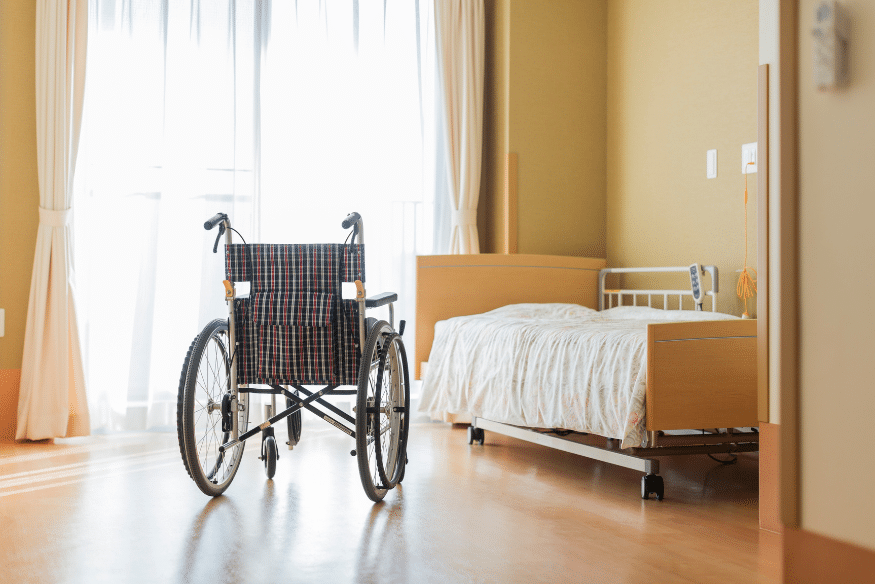When nursing home residents are left unsupervised, they may try to wander away from their room, floor or the premises in general. This is called “elopement,” and it’s dangerous for the elderly. Patients are at higher risk of injury, illness and even death when they leave the safety of their living spaces.
Nursing homes have a duty to protect and care for their residents, including a duty to provide adequate security and prevent elopement. When they fail in that duty, residents and their families may be able to sue the home for nursing home neglect. Here’s what you need to know about nursing home security and preventing elopement.
Negligent security and nursing home elopement
To prove a nursing home was negligent, the plaintiff must show that the nursing home had a duty to care for the patient, they breached that duty and, as a result, the plaintiff suffered actual harm. Since it is generally accepted that nursing homes have a duty to keep their patients safe and within the facility, most cases center on whether they’ve breached their duty and the patient suffered actual harm. “Actual harm” could be physical injuries, illness, death or other consequences resulting from the elopement.
Generally, nursing homes should have procedures in place to monitor areas where patients may leave the premises, such as exit doors, elevators and stairwells. Monitoring may consist of security guards, video surveillance, door alarms or other ways to prevent patients from wandering off. A nursing home should also have procedures in place to monitor the whereabouts of all the patients at all times, and employees should be adequately trained to handle missing patients.
Whether you’re proactively choosing a safe nursing home, or you’re gathering evidence for a negligent security claim, it is advisable to visit the nursing home several times. Take the time to observe their security measures as you walk into the facility. Is the front entrance staffed at all times? Are there security guards? Do they check identification? Ask the staff what they do to secure residents and prevent elopement: they should have a way to ensure all residents are present and accounted for at regular intervals.
Next, when you’re inside the home, observe the patients and staff. Is there enough staff to monitor all of the residents? Are patients wandering in the halls without supervision? Look for gaps in security and staffing, where a resident could leave without staff knowledge.
Nursing home residents deserve to be safe. If your loved one was a victim of negligent nursing home security, you may be able to hold the home responsible. Call Dworken & Bernstein today for a consultation.







